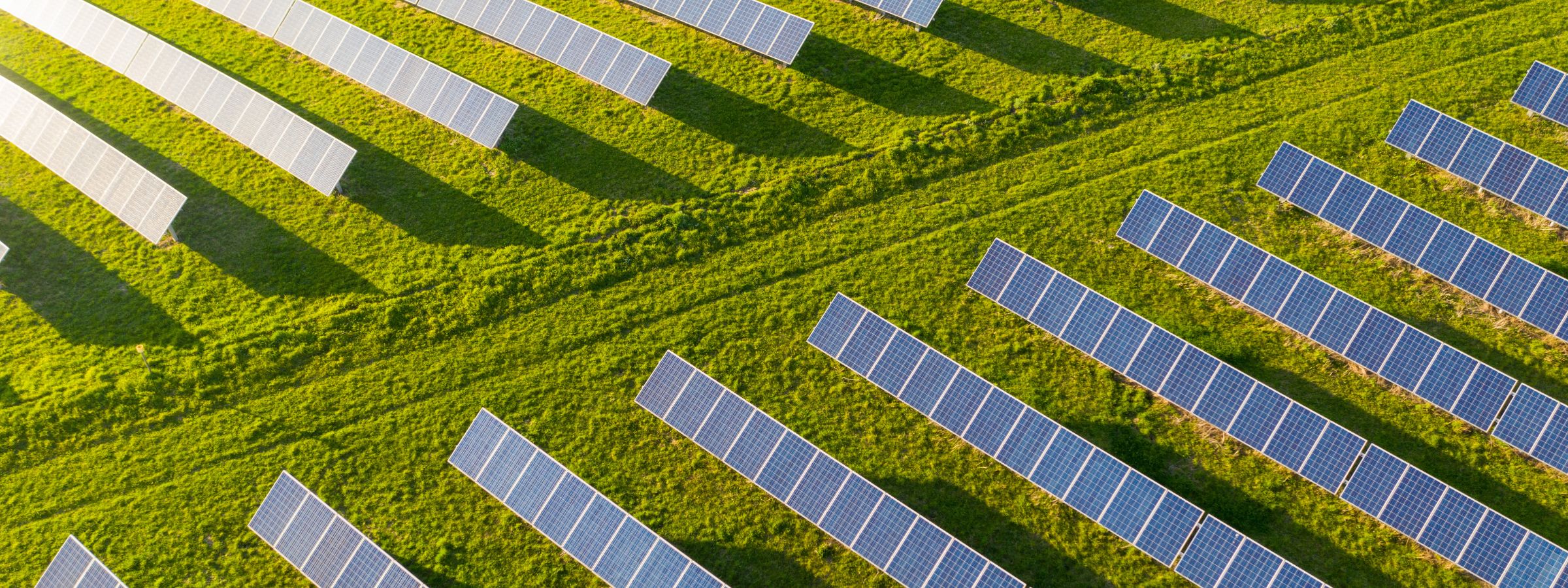Energy efficiency is the practice of using less energy to provide the same amount of useful output from a service such as heating water, lighting, or cooling a fridge. Every year a huge amount of energy is wasted because of heat loss and inefficient technology. This leads to increased carbon pollution and costs for consumers and businesses. As a result, a conscious effort has been made over the years by countries to adopt energy efficient practices.
The Ghana Standards Authority, for and on behalf of the Ministry of Works and Housing, introduced the Ghana Building Code on Building and Construction, 2018 (Ghana Standard 1207) (the Code) to regulate the activities of the building and construction industry in Ghana. The Code covers all essential areas for the smooth and safe operation of the industry including site development and land use, types of construction, soils and foundations, safeguards during construction, green building, fire and smoke protection measures and life safety systems.
In an attempt to set uniform energy efficiency standards for the regulation and compliance of stakeholders in the building construction industry, the Code also incorporates energy efficiency standards. The Code essentially requires that mechanical services and equipment in buildings should be as energy efficient as practicable and facilitate the conservation of energy. These mechanical services include the installation, alterations, repairs and replacement of mechanical systems, including equipment, appliances, fixtures, fittings and appurtenances, including ventilating, heating, cooling, air-conditioning and refrigeration systems, incinerators and other energy related systems. This briefing focuses on the energy efficiency requirements to be complied with in commercial buildings, particularly on thermal performance, lightning efficiency, heating, ventilation and air conditioning (HVAC) systems and hot water systems as provided by Part 14 of the Code.
For the energy efficient use of mechanical ventilation systems, air-conditioning can only be installed where it is absolutely necessary for human comfort, the storage of temperature sensitive materials or the operation of temperature or humidity sensitive equipment or processes
Various energy efficiency requirements are provided on refrigeration equipment and appliances. Refrigeration equipment has to be sized to meet the maximum anticipated load condition. This is because unused space in refrigerated equipment results in excessive energy use per unit product stored. Refrigeration compressor/condenser units should be located in a shaded well-ventilated location and protected from any nearby source of materials which would clog the condenser coils. Additionally, water-cooled equipment has to be fitted with equipment which removes hardness from condenser water. The owner of the water-cooled equipment will also be advised as to the necessary maintenance of the water treatment system. Defrost times for such equipment shall be adjusted on-site on the basis of operating experience rather than being based solely on manufacturer’s recommendation.
In hotels, hot water is permitted only in rooms, public toilets and staff toilets and in staff and public toilets and kitchens in restaurants. Office buildings are required to use instantaneous heaters at janitor’s sinks if warm wash water is required. In industrial buildings, hot water is not required except during food processing if desired or required by employees for personal clean up.
With respect to lighting and electrical appliances, every space intended for human occupancy has to be provided with natural light by means of exterior glazed openings. The minimum net glazed area cannot be less than eight percent of the floor area of the room served. In the alternative, the space must be provided with artificial light that is adequate to provide an average illumination of ten-foot candles (107 lux) over the area of the room at a height of 762mm (30 inches) above the floor level.
To give these standards an enforceable backing, the Building Regulations, 2022 (LI 2465) requires that all new commercial buildings be designed and constructed in compliance with these energy efficiency standards. Existing buildings are also required to comply with these standards when undergoing major renovations or alterations. The provision of a mechanical service and the use of equipment has to be undertaken in an energy efficient manner, in compliance with the above standards. The Works Department of the Metropolitan, Municipal and District Assemblies (MMDAs) is mandated to carry out energy efficiency inspections to ensure compliance with these energy efficiency standards.
The Code is the first ever comprehensive building code which provides a yardstick for the energy efficient measures that need to be adopted in the building and construction industry. Since implementation and enforcement is key for its effectiveness, the adoption of the mandatory and prescriptive energy efficient requirements contained in the Code, coupled with the inspections to be undertaken will contribute substantially to the reduction of greenhouse gas emissions and eventually, a reduction in carbon pollution.





